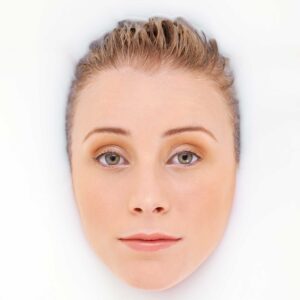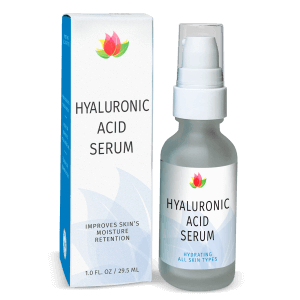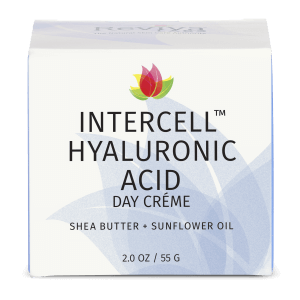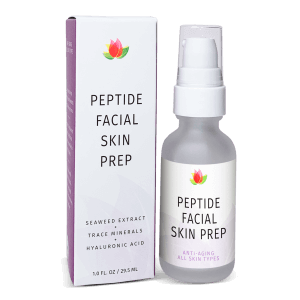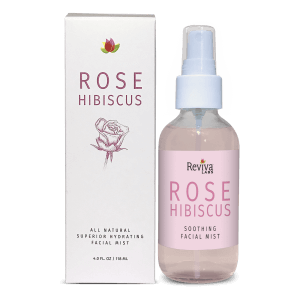Ingredients, Natural, Reviva Labs, Skin Care
What are polysaccharides and how do they help your skin?
Polysaccharides, in their essence, are intricate carbohydrates that play an essential role in skin care due to their unique molecular structure. These compounds are composed of long chains of monosaccharide units, which are simple sugars like glucose and fructose. The monosaccharides are linked together by glycosidic linkages – a type of covalent bond that joins a carbohydrate molecule to another group, which can also be a carbohydrate. This sophisticated chain-like structure endows polysaccharides with their remarkable properties that are highly sought after in the skin care industry.
The complex structure of polysaccharides allows them to perform multiple roles when applied to the skin. One of the most notable is their ability to hydrate the skin. They achieve this by attracting and retaining moisture from the environment. This is particularly beneficial for skin hydration as it helps to keep the skin plump and hydrated, reducing the appearance of fine lines and wrinkles which are often more visible in dry skin conditions.
Moreover, polysaccharides have a natural affinity with the skin’s structure, allowing them to form a protective barrier on its surface. This barrier not only locks in moisture but also shields the skin from environmental stressors like pollutants and harmful UV rays. This protective quality contributes significantly to maintaining the skin’s elasticity, ensuring it remains firm and resilient.
In addition to their hydrating and protective benefits, polysaccharides are also known for their soothing properties. They can help calm irritated skin, reduce redness, and provide relief from discomfort. This is particularly beneficial for sensitive or inflamed skin, where the calming effect of polysaccharides can help to restore the skin’s natural balance and appearance.
Overall, the complex structure of polysaccharides, characterized by long chains of monosaccharides bound by glycosidic linkages, is the key to their multifaceted role in skin care. Their ability to hydrate, protect, and soothe the skin makes them an invaluable ingredient in maintaining the skin’s hydration, elasticity, and resilience, thereby promoting a healthy and youthful complexion.
Understanding Polysaccharides in Skin Care
Polysaccharides are naturally occurring in our bodies and in various plants. They are known for their ability to attract water and bind it to the skin, which is essential for maintaining the skin’s moisture balance. This is particularly important as we age, and our skin loses its ability to retain water, leading to dryness, dullness, and the formation of fine lines and wrinkles. By incorporating polysaccharides in skin care routines, we can help mitigate these issues, ensuring the skin remains hydrated, plump, and youthful-looking.
The Hydrating Power of Polysaccharides
One of the primary benefits of polysaccharides is their remarkable hydrating properties. They function as humectants, meaning they draw moisture from the environment into the skin. This is incredibly beneficial for all skin types, but especially for dry or dehydrated skin. By using products containing polysaccharides, the skin can maintain its moisture balance, becoming more resilient and less prone to environmental stressors.
Hyaluronic Acid is a popular and well-known polysaccharide. Naturally found in the human body, hyaluronic acid is present in connective, epithelial, and neural tissues. It’s known for its incredible capacity to retain moisture and is widely used in skincare and cosmetic products for its hydrating properties.
Polysaccharides and Skin Elasticity
Another key benefit of polysaccharides in skin care is their ability to support skin elasticity. They contribute to the formation of a protective film on the skin’s surface, which helps to keep the skin supple and reduces the appearance of fine lines and wrinkles. This film also protects the skin from harmful environmental factors, like pollution and UV rays, which can accelerate the aging process.
Soothing and Anti-inflammatory Effects
Polysaccharides are also known for their soothing and anti-inflammatory properties. They can help calm irritated skin, reduce redness, and alleviate discomfort from skin conditions like eczema and psoriasis. This makes them an excellent ingredient for sensitive skin types that are prone to irritation and inflammation.
Antioxidant Properties of Polysaccharides
In addition to their hydrating and soothing effects, polysaccharides also have antioxidant properties. They can help protect the skin from oxidative stress caused by free radicals, which are unstable molecules that can damage skin cells and accelerate aging. By neutralizing these free radicals, polysaccharides help maintain the skin’s health and youthful appearance.
How to Incorporate Polysaccharides in Your Skin Care Routine
Incorporating polysaccharides into your skincare routine is quite simple. They are commonly found in a variety of skin care products, including serums, moisturizers, and masks. When selecting products, look for those that list polysaccharides or specific types of polysaccharides (like hyaluronic acid, a well-known polysaccharide) high up in the ingredient list, as this indicates a higher concentration.
Polysaccharides for All Skin Types
The beauty of polysaccharides is that they are beneficial for all skin types. Whether you have dry, oily, combination, sensitive, or mature skin, polysaccharides can play a beneficial role in your skincare regimen. For oily and combination skin types, they provide the necessary hydration without adding oiliness or heaviness. For dry and mature skin, they offer deep and lasting hydration, helping to reduce the appearance of age-related skin concerns.
The Future of Polysaccharides in Skin Care
The future of polysaccharides in skin care looks promising. With ongoing research and advancements in cosmetic science, we are continually discovering new types of polysaccharides and finding more innovative ways to incorporate them into skin care formulations. This not only enhances their efficacy but also allows for targeted treatments of various skin concerns.
The Power of Polysaccharides
Polysaccharides are a powerhouse ingredient in the realm of skin care. Their hydrating, soothing, and anti-aging properties make them a must-have in any skin care routine. By incorporating polysaccharide-rich products into your regimen, you can help your skin retain its moisture, elasticity, and youthful glow. As we continue to explore the potential of these remarkable molecules, we can expect to see even more advanced and effective skin care solutions emerging in the market.




